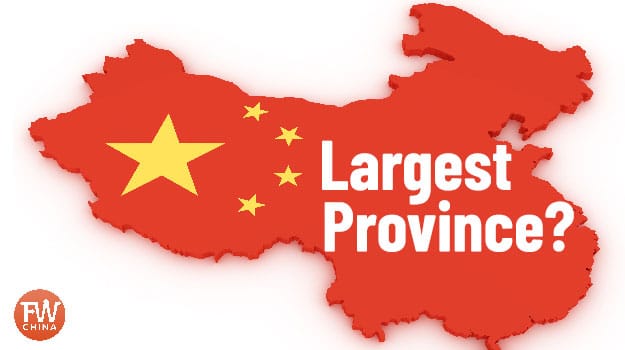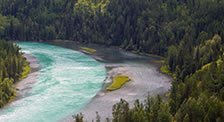Driving in China: Defying Death as a Foreigner
For anybody who has visited China, it probably seems ridiculous to think that anything good could come from the chaotic Chinese traffic. But I can honestly say that thanks to my time driving in China, I’ve become a better driver. Here’s a brief explanation of how.
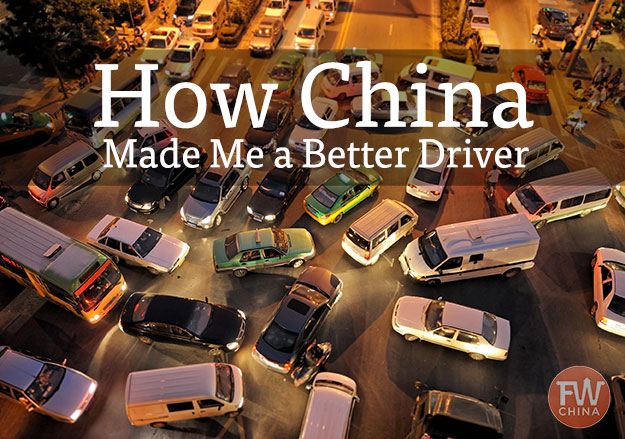
Recently, I received the one official Chinese document that has proved to be more difficult than any visa I have ever applied for:
…my Chinese driver’s license.
The process of getting a Chinese driver’s license was confusing to say the least, and it makes me even more proud to show it to you here:
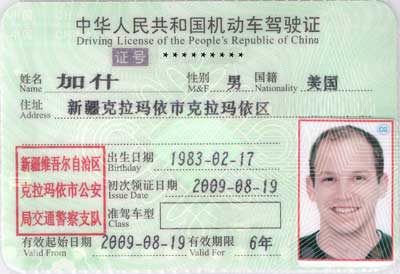
Understandably, my family and friends were concerned about me driving in China.
Roads all throughout Asia – from China to Thailand to India – have a reputation for being dangerous. And that’s not just anecdotal stories.
In 2006, the number of fatal deaths on Chinese roads was double that of the United States, despite the fact that the U.S. reportedly had four times as many licensed cars.
Safety as a licensed driver in China is an issue, for sure.
However, although logic seems to deny this fact, I firmly believe that China has made me a better driver.
Defensive Driving in China (i.e. “Don’t Die!”)
To the first time visitor or expat (a foreigner living in China), Chinese traffic seems like chaos. The last thing any of even dream of doing is renting a car in China to drive ourselves.
Cars are weaving in and out of lanes, darting from hidden side streets and honking their horns…
…all without the use of that nifty little feature called a turn signal.
Escape from the vehicle is impossible because most cars are never more than 4 inches apart, just wide enough to fit the mirrors.
Driving in China is like traffic in Los Angeles during rush hours; but it’s all the time on even the smallest of roads.
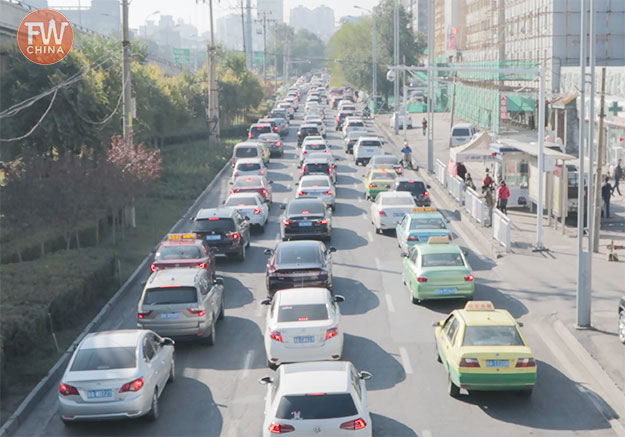
In China, defensive driving isn’t just an idea that is taught during driving school (during which most of us just fall asleep…am I right?)
No…
Defensive driving in China is a way of life.
Rules of the China Road (Yes, They Exist)
Sometime within the first year of living in China, after riding in enough taxis and observing other drivers around me, it occurred to me.
Maybe there are rules on these roads.
I just didn’t see it before. It’s like one of those Picasso paintings that you have to stare at for a while before you start to see the method behind the madness.
While these rules may not necessarily reflect the law of the land, there is an order amid the chaos.
You see, in China and throughout much of Asia, a driver has to be constantly aware of his surroundings and operates under one very simple but important assumption:
Nobody else is going to follow the rules.
In many western cultures, the opposite is true. We tend to be very focused on our own driving and what is happening straight ahead of us. We operate under a different assumption:
Everybody else will follow the rules.
It is for this reason that many Americans have to take a Defensive Driving course. It’s because we suck at it.
Let’s take the following real-life examples and look at them through the lens of these two opposing assumptions.
- A driver runs a red light and almost hits me. In China I assume every car that pulls up to a crossing will likely pull out in front of me and I plan accordingly. In the US, it’s appalling to think that anybody would break the rules and therefore no attention is paid to any cars at a crossing.
- A car merges into my lane without signaling. In China, lanes are not private property and there is no such thing as “personal space” even on the roads. Such an intrusion is expected at all times. In America, we feel that we own our lane and such a person has invaded private property. Therefore we are compelled to return the favor with a honk and a finger.
- An elderly man crosses the road at a turtle’s pace. In China, I fear hitting pedestrians more than cars. Looking both ways before you cross road is a relatively new concept in China, so I’m constantly on the lookout for brave pedestrians. In America, we assume everyone will use a crosswalk and even name-shame those who don’t: jaywalkers. What reckless people.
In each of these cases, the same event causes different driver reactions because of the unwritten rules of the road.
Cross-Cultural Driving: A Theory
Now that I have a few years of driving in Asia under my belt (I have both car and motorcycle licenses in China and in Thailand), I’ve come up with a theory about cross-cultural drivers.
My theory boils down to three parts:
- Chinese drivers in the western world are a danger to society. They drive like they would in China and expect/assume other drivers will drive defensively. We don’t, of course, so this erratic driving freaks out everybody on the road.
- Western drivers in the Chinese world are a danger to society. Since we don’t drive as defensively as Chinese drivers do, we tend to be overwhelmed by the sheer amount of cars and the brazenness of the drivers around us.
- Those who have driven in another culture and returned to their own make the best drivers.
In other words, the best driver is a fusion of one who unquestionably follows the rules (a la the American mentality), while assuming others won’t do the same (a la the Chinese mentality).
I can’t prove this, of course, but since I fall into category three (the one which makes me look good)…
I’m going to stick with this theory for now. :)
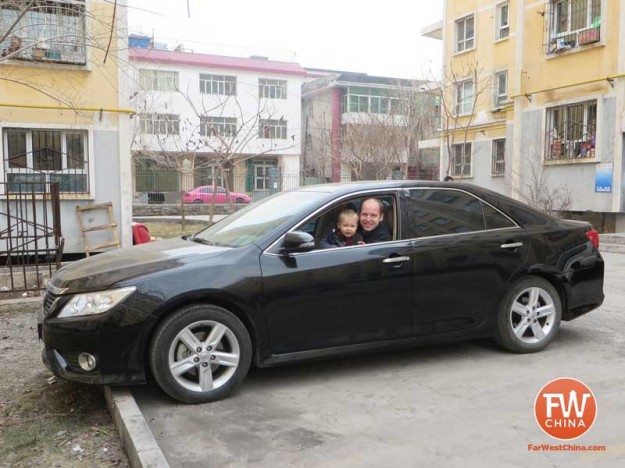
p.s. I also got a speeding ticket in China, and that’s an interesting story in itself.




